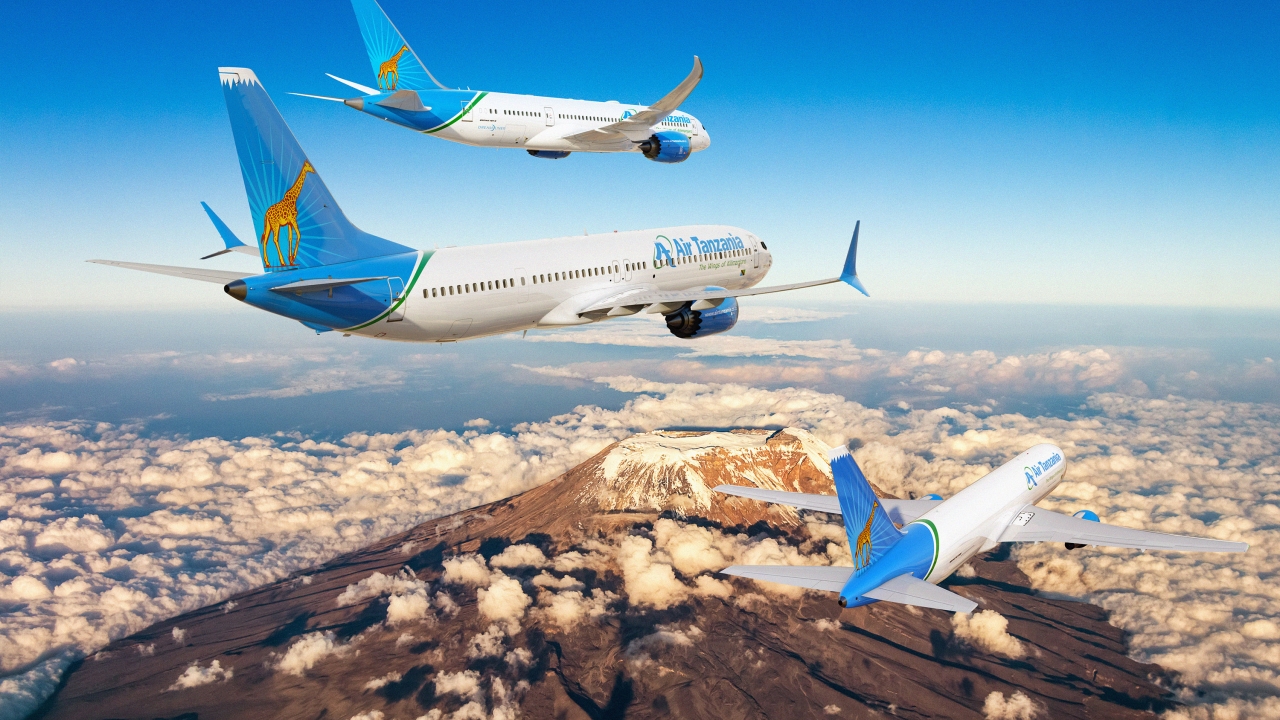Mango's methods begin to bear fruit
Mango acting CEO, Nic Vlok, has been with the South African Airways (SAA) low-cost subsidiary since just before the airline launched in 2006. Victoria Moores caught up with him to find out what life has been like since former CEO, Nico Bezuidenhout, jumped ship to run rival African LCC Fastjet.

“In the airline industry, everything tastes like chicken,” said Mango acting CEO Nic Vlok.
As soon as you innovate, someone copies it, but innovation remains important. “There aren’t many options in the airline business, you’re either a full-service, a low-cost carrier, or somewhere in between.”
Vlok has no plans to fundamentally shift away from the Mango model that he worked alongside former CEO, Nico Bezuidenhout, to create. “Nico had a fairly winning recipe. Since he left, competition has increased, so things have changed from that point of view, but it’s really not been necessary to take a big strategic leap in a new direction,” Vlok said. “We’ve always been positioned as a value-for-money low-cost carrier and I see no reason to change.”
The South African market is stagnant and fiercely contested. Johannesburg-based Fly Blue Crane failed in February 2017 and Mango’s parent carrier, South African Airways (SAA), has been forced to make capacity cuts. Meanwhile, Mango’s passenger numbers have remained flat and its market share has dipped slightly.
“You have to be careful with averages. Some routes do well, others don’t,” Vlok said. “The year before last we made a loss, but we’ve turned that around. The results are not public knowledge yet, but they will be known in due course. I’ll let the figures speak for themselves.”
Mango is a relatively small airline, operating 10 Boeing 737-800s on domestic routes within South Africa and on a single regional service to Zanzibar in Tanzania. “It’s a tough business to be in, but in that context Mango is doing as well as it is entitled to. We’ve always boxed above our weight and it’s no different now,” said Vlok.
Whether or not the fleet grows will depend on what happens with SAA, which has been through ongoing financial woes and a revolving door of management changes over recent years. But, like most near-teenagers, Mango’s parental turbulence could be a recipe for growth, because it is likely that SAA will pull out of unprofitable routes, opening them up for Mango.
“We will take advantage of whatever opportunities emanate from that process,” said Vlok, who added that Mango had been largely unaffected by SAA’s troubles. “Our reputation in the market seems to be fairly intact.”
A proposed holding-company level restructure could also give Mango a louder and more equal voice. According to some sources, the South African Department of Public Enterprises (DPE) is pushing for a consolidation of state-owned companies.
At the moment, Mango is a subsidiary of SAA, which, in turn, reports to the treasury. Meanwhile, state-owned regional airline, South African Express, reports to the DPE. This means that the country’s three state-owned airlines report to two different government departments, have three separate mandates and each have their own boards.
However, under the planned organisational restructure, the three airlines would be brought under one holding company, with a single board, linked to just one government department. This would balance the interests of the three airlines, which would keep their own dedicated CEO and operational management.
Two separate sources said the government has no plans to sell off its airlines, but they are coming under increased pressure to perform.
Mango already serves all of the major bases in South Africa, making up 80% of the market. Against the backdrop of stagnant growth at home, Vlok might consider expanding within the region, particularly as more intra-African services open to competition, but he has no plans to create any new joint ventures or subsidiaries.
He is not blind to the fact that other low-cost carriers have added business-class type frills, but he has no immediate plans to change Mango’s 186-seat, single-class configuration and on-board product. “You determine your costs. The market determines the price,” he said. “We need to make our product available on as many shelves as possible.”
Mango has also been active on social media for a number of years, building up over a million Facebook followers, but Vlok is quick to temper this achievement. “It’s like a dog chasing a bus. What do you do with it?” he said. “I think the social media side is over-emphasised. You have to leverage it. If you don’t leverage something, you don’t gain from it.”
Stay up to date
Subscribe to the free Times Aerospace newsletter and receive the latest content every week. We'll never share your email address.

